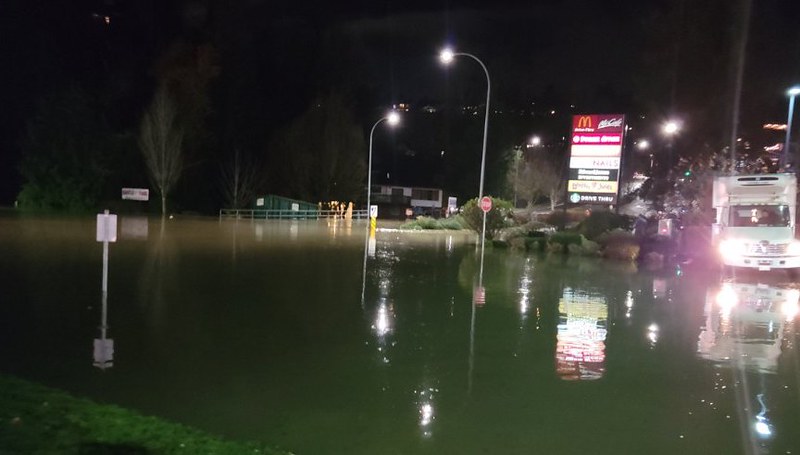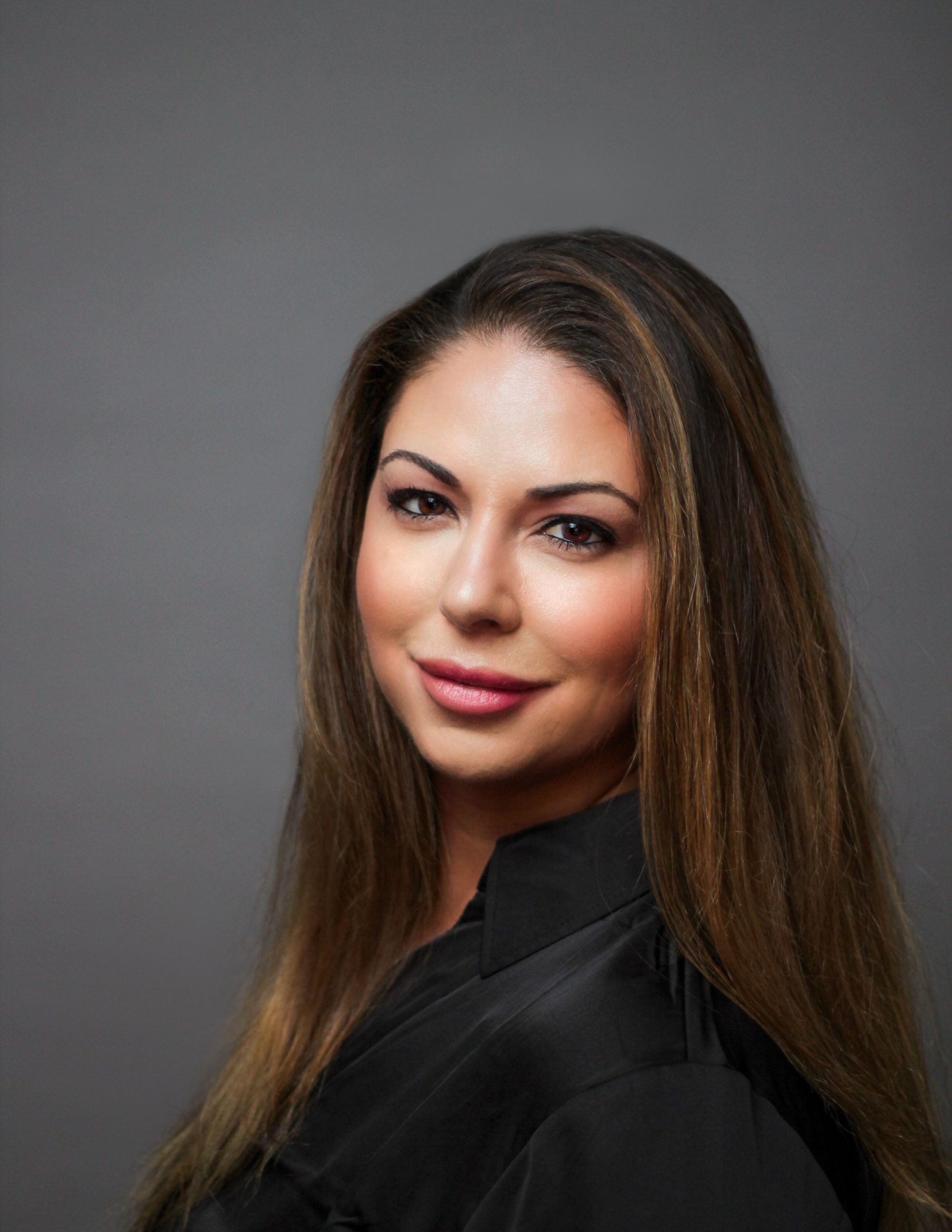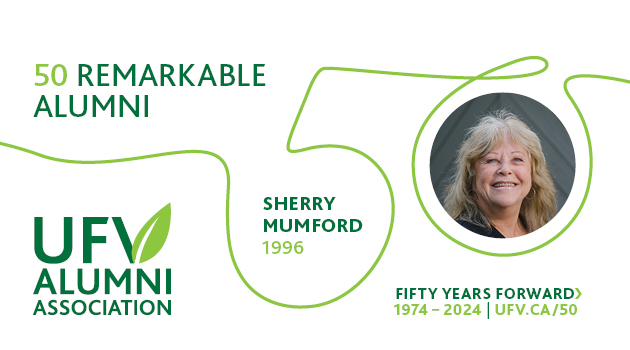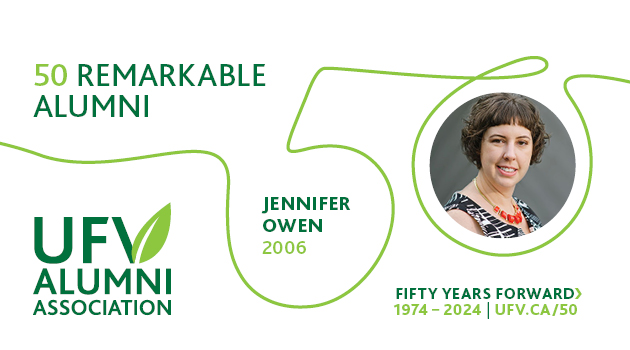UFV researchers study trauma in the classroom
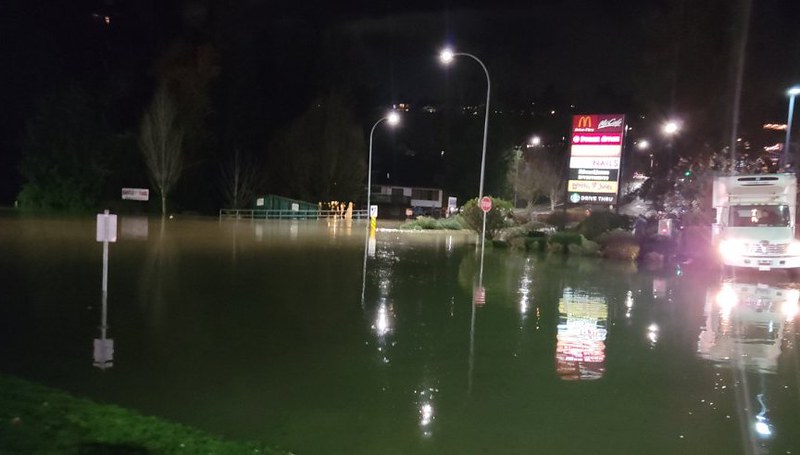
Two UFV faculty members are researching the impacts of trauma in the classroom, hoping to create inclusive and supportive learning environments for university students. Dr. Amea Wilbur, assistant professor in Adult Education, and Dr. Brianna Strumm, assistant professor in the School of Social Work and Human Services, are connecting with faculty at post-secondary institutions throughout BC who have (or have had) students in their classes dealing with trauma.
Through one-on-one interviews and focus groups, they’re investigating how instructors recognize and respond to students who’ve experienced trauma.
Strumm, who’s also program chair for UFV’s Bachelor of Social Work program, says trauma can impact cognitive function, memory, and regulation of emotion. She says students can go into fight or flight mode.
“Or they can go into a freeze where they shut down and they’re not engaged in their learning,” Strumm explains.
Strumm and Wilbur started thinking about this project in 2021, after more than 200 unmarked graves were discovered on the site of the former Kamloops Indian Residential School. They were asked by Lorna Andrews in Teaching and Learning to speak with faculty about how trauma-informed classrooms could be created.
“We were hearing that some students didn’t feel there was recognition that this particular event was traumatic,” Wilbur says. “That got us thinking about how much trauma there is out there, how we should find out what people are doing and how we can better support those efforts.”
That might involve small things, like offering an extension on an assignment to an entire class without anyone having to ask or putting a note in a class syllabus directing students to different resources, including mental health resources.
“So, they know there is support for them, if they need it,” Wilbur says.
Strumm says it’s important to note that trauma takes many forms. When people think about trauma, they default to something that hurts a person physically or emotionally. The atmospheric river flooding of 2021 was another example of overt trauma for many students, but she says things like poverty, systemic oppression, or social isolation are more subtle forms of trauma that can be just as damaging to a student.
She says it’s not important to know the specific source of the trauma, only that it exists.
“It’s having understanding and awareness that there could be trauma in the room, and it’s not up to us to be healers or psychologists,” Stumm observes. “But it is up to us to create an environment where students can thrive and learn, and we can make adjustments to enable that.”
Strumm and Wilbur have been invited to speak about this topic at other post-secondary schools and launched a class at UFV last spring called ‘Trauma-Informed Pedagogy and Practice.’ Former student Sarah Lee says the course shifted her entire lens as a facilitator as she learned about trauma-informed practice.
“This class highlighted to me how important it is to show up to every new course with the awareness that trauma is in the room, and how those experiences can impact a learner’s ability to process and retain information,” she says. “I continue to bring this knowledge into learning delivery discussions and keep it front of mind with both virtual and on-site facilitation.”
This current research project carries on in that spirit. Supported by a social work student/research assistant Chitleen Virk (BSW student), it is focused on BC for now. The interview phase is nearly done and focus groups will be finished by the start of April.
“We do hope to bring this research forward to different post-secondary institutions within BC, and maybe bring it to a more national audience at a conference this summer,” Strumm says. “If we can move the needle and work with instructors on this, if we can network and have a collective sharing of knowledge, this is what Amea and I love to do.”


